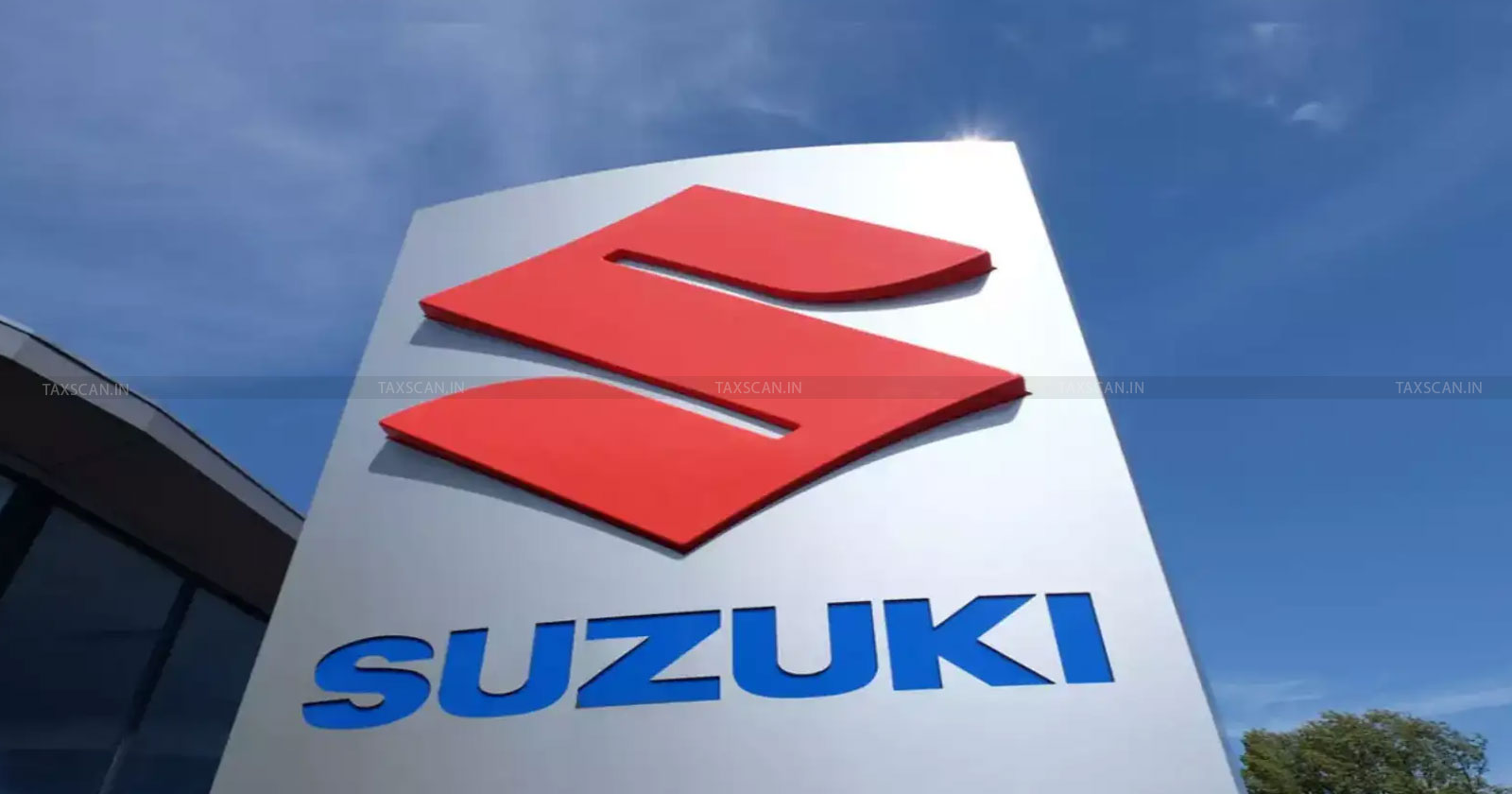Relief for Shipping Corporation of India: CESTAT Rules Demurrage is Part of Exempt Transport Service, Quashes ₹49.44 Cr Service Tax Demand [Read Order]
CESTAT rules demurrage is part of exempt sea transport, quashes Rs. 49.44 crore service tax demand against Shipping Corporation of India.
![Relief for Shipping Corporation of India: CESTAT Rules Demurrage is Part of Exempt Transport Service, Quashes ₹49.44 Cr Service Tax Demand [Read Order] Relief for Shipping Corporation of India: CESTAT Rules Demurrage is Part of Exempt Transport Service, Quashes ₹49.44 Cr Service Tax Demand [Read Order]](https://images.taxscan.in/h-upload/2025/08/16/2077345-shipping-corporation-cestat-service-service-tax-demand-taxscan.webp)
The Mumbai Bench of the Customs, Excise, and Service Tax Appellate Tribunal ( CESTAT ) ruled that demurrage charges collected by the Shipping Corporation of India (SCI) are part of the transport contract and not taxable as a declared service, quashing the service tax demand of Rs. 49.44 crore.
The case involved SCI’s contracts with Hindustan Petroleum Corporation Limited (HPCL) for the transportation of goods by sea. The dispute related to demurrage charges for the periods July 2012 to September 2014 and October 2014 to September 2015.
The department issued show cause notices alleging that demurrage was covered under section 66E(e) of the Finance Act 1994, which refers to services involving an agreement to refrain from an act, tolerate an act or situation, or to do an act.
 Also Read:Relief for Indian Oil: CESTAT Holds No Service Tax Payable on Reimbursable Expenses Incurred for CISF Security Services [Read Order]
Also Read:Relief for Indian Oil: CESTAT Holds No Service Tax Payable on Reimbursable Expenses Incurred for CISF Security Services [Read Order]
The adjudicating authority dropped the proceedings, holding that demurrage was connected to the transportation of goods by vessel from a place outside India to a customs station in India. This activity was exempt from service tax under the negative list until 31 May 2016.
The authority found that demurrage was not an independent service but part of the transportation arrangement.
The revenue argued that demurrage was billed separately and fell within the scope of the declared service provision in section 66E(e) so it is taxable independent of the main transportation service.
The corporation’s counsel argued that demurrage arose from charter party provisions on laytime and was intended to deter delays in loading or unloading. They explained that it was part of the transport contract and not an independent agreement to tolerate an act. They also pointed out that the main transportation service was exempt, so the associated demurrage could not be taxed.
 Also Read:Relief for Suzuki: CESTAT Rules Excess Transit Insurance Charges Collected Excluded from Assessable Value, Not Liable to Excise Duty [Read Order]
Also Read:Relief for Suzuki: CESTAT Rules Excess Transit Insurance Charges Collected Excluded from Assessable Value, Not Liable to Excise Duty [Read Order]
The two-member bench comprising C.J. Mathew (Technical Member) and Ajay Sharma (Judicial Member) observed that section 66E(e) applies only to standalone agreements and not to charges forming part of another service, whether taxable or exempt.
It referred to a CBIC circular clarifying that such provisions cover only independent contractual arrangements with direct consideration for tolerating or refraining from an act.
The tribunal explained that demurrage is directly linked to the transportation of goods by sea and falls within the scope of the exempt service. The tribunal ruled that the main service was not taxable, so there was no ground to levy service tax on demurrage. The appeal filed by the revenue was dismissed.
Support our journalism by subscribing to Taxscan premium. Follow us on Telegram for quick updates


